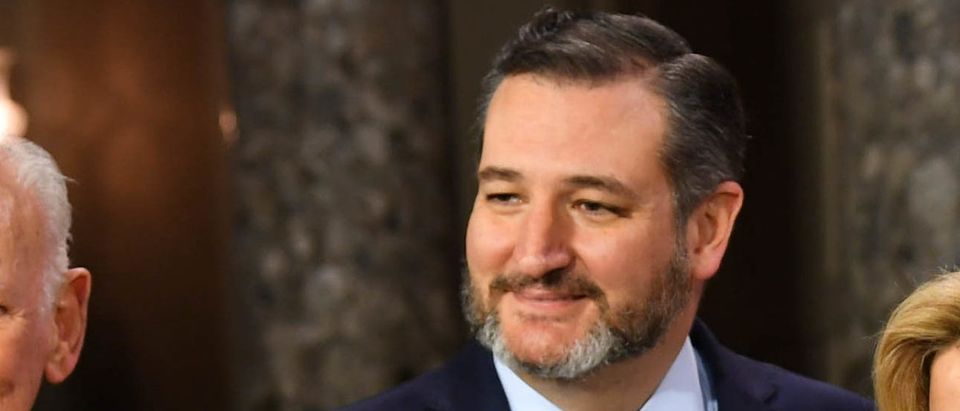After a month of blather about a socialist’s fondest dream called the Green New Deal, it was refreshing to see Sen. Ted Cruz propose federal income tax credit on Thursday to help states advance Education Freedom Scholarships for families hoping to find the best educational opportunities for their children.
Although the Texas senator did not present the scholarship as a rebuke of New York Rep. Alexandria Ocasio-Cortez’s ballyhooed GND, the two proposals stand in stark — and instructive — contrast.
The GND would make the federal government the boss (if not Ocasio-Cortez herself) of us all. It would compel us to reconstruct our houses, take federal green-job retraining, eat only government-certified “healthy” (read: meatless) food, forgo air travel, and be led to our designated “access to nature” venues. Of course, along the way the GND would empty our wallets to raise the mega-trillions in taxes necessary to support a green paradise.
The Education Freedom Scholarships and Opportunity Act would not force anyone to do anything. It would make available a non-refundable dollar-for-dollar federal tax credit for individuals and businesses choosing to contribute to state-structured scholarship-granting organizations operating on a nonprofit basis. No state would have to participate. No family would have to apply for a scholarship. No taxpayer would be compelled to donate. The most important decision-making would be by people closest to the students and knowledgeable about their needs and aspirations.
The scholarships are about freedom and opportunity. The GND is about control and servitude.
The Cruz proposal gives each participating state the freedom to decide how to set up a scholarship program, including eligibility for students and providers.
It is possible some states might want to build on the increasingly popular education savings account model, and allow families to direct their aid to multiple providers of their choosing – thereby customizing a child’s education. Possibilities abound: special courses ranging from remedial to advanced; apprenticeships; dual enrollment; private or home schooling; tutoring; summer or afterschool programs; special education services and individual therapies; and transportation to providers located a long haul from a family’s home.
Tax-credit scholarships, which date from 1997, so far have all been administered exclusively through state tax codes. Teacher unions and other anti-choice activists have argued that the credits constitute a raid on public-school funds; however, state courts consistently have ruled that tax-credited charitable contributions that do not process through public treasuries are not in reality “owned” by public schools or any other sector of government.
No doubt the usual suspects will oppose this proposal to add a federal tax credit to scholarship availability for parents seeking the best educational choices. In addition, some conservatives are wary of any such federal boost for school choice. They fear that federal officials — perhaps in a future administration less friendly to school choice than President Trump’s — might start imposing onerous regulations on schools or other providers accepting students whose scholarships were made possible at least in part by federal tax breaks. For example, the feds could presume to dictate admissions standards or testing policies.
That is a legitimate concern. Writing safeguards against overreach into the original legislation might help to some degree. But the surest protection is to vote representatives into power who value individual freedom over statist dictation. If the socialists who support such schemes as the Green New Deal ever gain total control in Washington, they will impose their will without having to seek loopholes in tax-credit laws.
Robert Holland is a senior fellow in education policy at The Heartland Institute, a nonprofit group that advocates for limited government.
The views and opinions expressed in this commentary are those of the author and do not reflect the official position of The Daily Caller.












